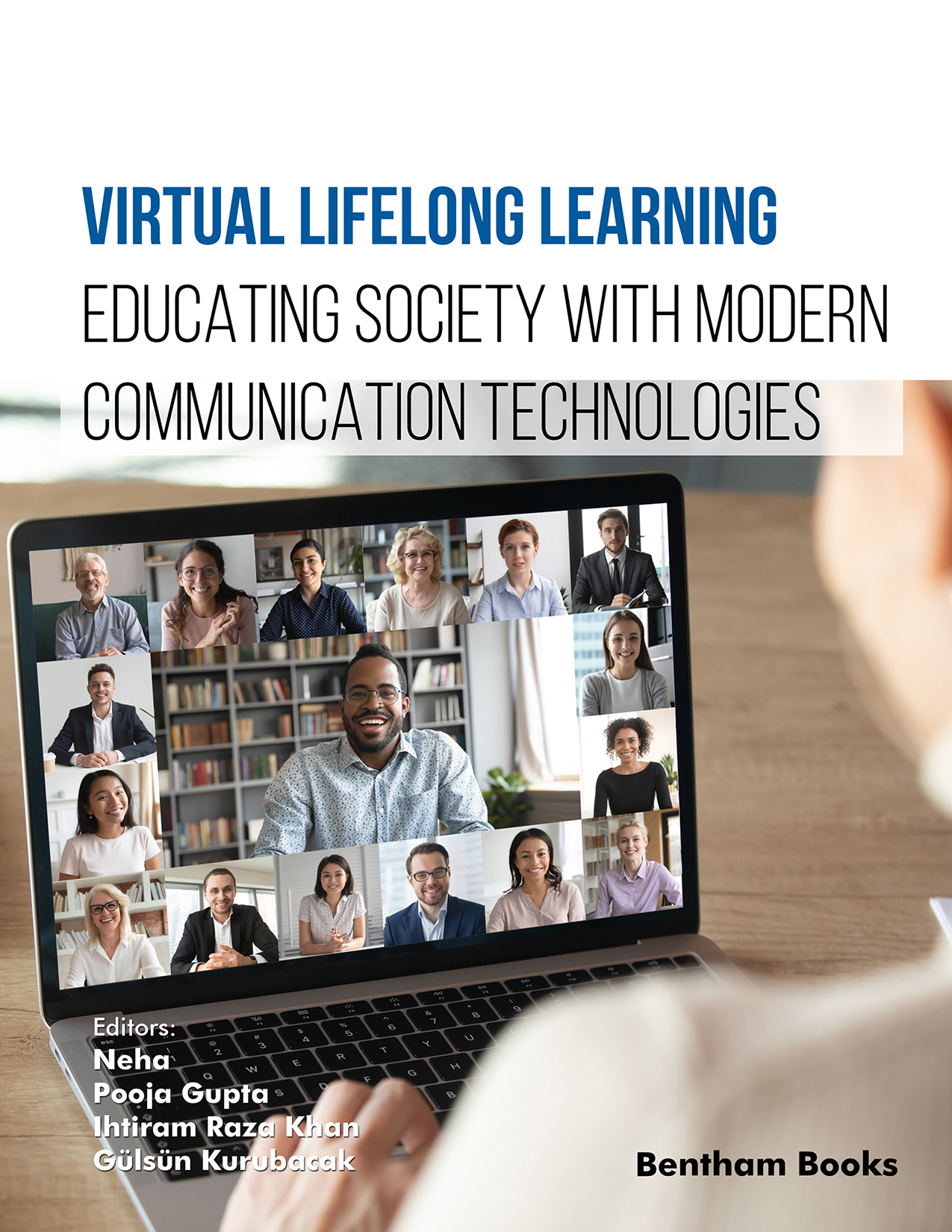Introduction
This reference addresses the transformative landscape of education through the lens of modern technologies. It imparts a comprehensive overview of the challenges, opportunities, and future visions in education by covering the dynamic intersection of e-learning, virtual teaching, and cutting-edge technologies.
The book includes an extensive spectrum of 14 topics commencing with a basic study on E-learning and teaching in the new millennium. Next, the work explores substantial topics such as the challenges and opportunities of virtual learning, the impact of the National Education Policy 2020, the role of Virtual Learning in bridging gender gaps, and the benefits and challenges for differently-abled students. Contributors also discuss new developments in education including the integration of ICT in mechanical engineering, the use of AR and VR to virtualize academic activities, and blockchain technology in education. The last two chapters explore the applications, challenges, and possibilities of machine learning and data analytics in the context of m-Health and the impact analysis of online education development.
Key features of the reference are: a simplified exploration of the cutting-edge technologies that are reshaping the educational environment, a forward-looking view of the future of education, and practical insights into the drawbacks and advantages of virtual learning. Readers will get a broad perspective of information on virtual education technology with references and case studies that provide a holistic view of modern educational structures.
This book is tailored for educators, researchers and anyone working in the field of education and technology who are looking for a thorough understanding of the transformative prospects of virtual lifelong learning and its implications for building an inclusive society and learning environment.
Readership
Educators, Researchers, online tutors and general readers.

